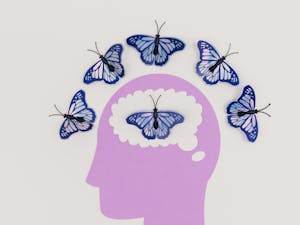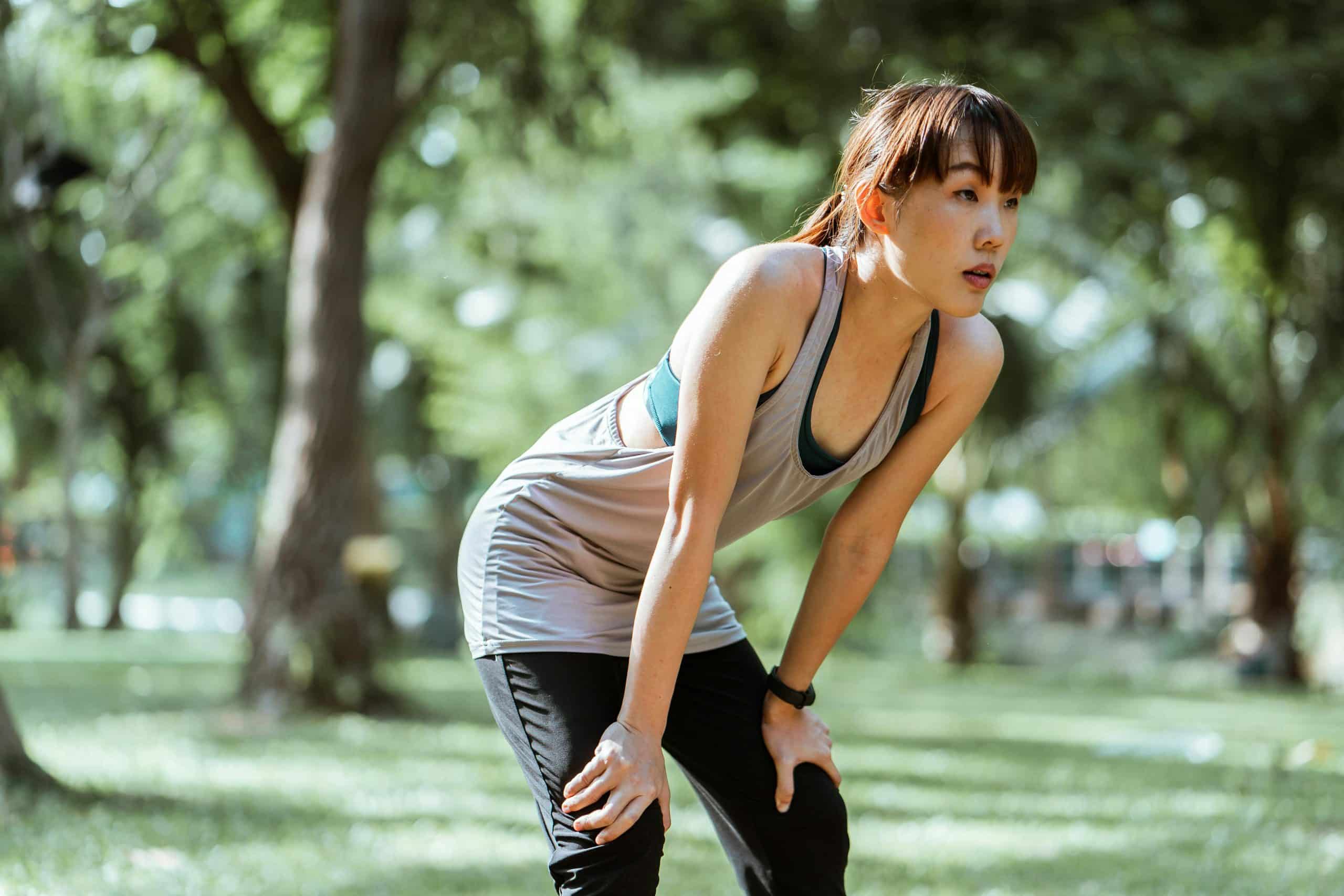Sleep is as critical as physical training and a healthy diet in an athlete’s performance. Elite athletes may push their bodies to the limit, but without proper rest and sleep, they may not achieve their full potential. The science of sleep is slowly making its way into sports training regimens. The role of sleep in athletes’ performance, recovery, and overall health is a significant area of focus for many researchers worldwide. This article will delve into the importance of sleep for athletes, drawing from various studies and data sourced from reputable resources like PubMed.
The Science of Sleep and Athlete Performance
Under this section, we’ll explore the science behind sleep, how it affects an athlete’s performance, and why it’s a critical component of any sports training regimen.
In parallel : How can athletes use sports analytics to improve their individual performance?
Sleep plays a crucial role in the body’s repair and recovery process. During deep sleep, the body releases growth hormones that assist in muscle growth and repair. According to a study published in the science journal, “PubMed” (doi: 10.1152/jappl.1997.83.1.237), lack of sleep can lead to reductions in performance, mental well-being, and perceived exertion.
When an athlete has a poor night’s sleep, their reaction time can be slowed, and cognitive function may decrease. This lack of mental acuity can lead to poor decision-making during a game or competition. Moreover, adequate sleep has been linked to improved accuracy and speed in athletes. In a study published on PubMed (doi: 10.1249/MSS.0b013e31825e3f67), extended sleep over a period of time was found to enhance the athletic performance of collegiate basketball players.
In parallel : The evolution of sports gear: technology meets performance
The Role of Quality Sleep in Athlete Recovery
Athlete recovery is another critical area that is significantly influenced by sleep quality. In this section, we’ll delve into how quality of sleep impacts an athlete’s recovery.
Recovery is paramount for any athlete. After hours of rigorous training, the body needs time to repair muscle tissues and replenish energy stores. Sleep is the most effective natural performance enhancer available. A PubMed study (doi: 10.1080/02640414.2012.671533) found that poor sleep quality can impair post-exercise recovery.
During sleep, the body undergoes a series of changes to promote recovery. These include increased blood flow to the muscles, reduction of inflammation, and restoration of energy balance. If an athlete doesn’t get enough quality sleep, their recovery process can be impeded, leading to poor performance and increased risk of injury.
The Importance of Sleep Duration for Athletes
Here, we’ll discuss the role sleep duration plays in an athlete’s performance and why it’s crucial that athletes get the recommended number of sleep hours.
Sleep duration is another crucial aspect of sleep that can significantly impact an athlete’s performance. The National Sleep Foundation recommends that adults, including athletes, get between seven and nine hours of sleep per night for optimal health and performance.
According to research published on PubMed (doi:10.1080/02640414.2016.1266376), sleep deprivation can negatively affect sports performance. Extended wakefulness can affect the central nervous system, which can cause a decrease in sports performance. It’s important to note that not just the duration, but also the quality of sleep matters.
Overcoming Sleep Challenges for Elite Athletes
In this final section, we will examine the unique sleep challenges that elite athletes face and discuss strategies that can be used to overcome them.
Elite athletes often have rigorous training and competition schedules that can interfere with their sleep routines. They may also experience high levels of stress and anxiety, which can disrupt sleep. Hence, it’s essential for them to adopt strategies to ensure they get the necessary quality and quantity of sleep.
Regulating the sleep environment can be a good starting point. This involves maintaining a cool, quiet, and dark room. Reducing screen time before bed can also improve sleep quality, as the blue light emitted by devices can interfere with the natural sleep-wake cycle.
Nutritional strategies can also be useful. Consuming cherries, milk, and turkey, which contain natural sleep-promoting substances, can help improve sleep quality. Conversely, caffeine and alcohol can disrupt sleep and should be avoided close to bedtime.
Incorporating relaxation techniques, such as yoga and meditation, can help manage stress and anxiety, promoting better sleep. Additionally, seeking the help of a sleep specialist can be beneficial for athletes struggling with sleep disorders or persistent sleep issues.
Sleep Hygiene Practices for Athletes
In this section, we will discuss the importance of sleep hygiene practices and how they significantly influence the sleep quality and athletic performance of an athlete.
Sleep hygiene refers to habits and behaviors that promote better sleep quality and full daytime alertness. Even though all individuals can benefit from maintaining good sleep hygiene, this practice can be particularly crucial for elite athletes because of their high-energy demands and the importance of recovery.
A study published in “PubMed NCBI” (doi: 10.1080/02640414.2018.1504994) recommends sleep hygiene education as a non-pharmacological intervention to improve athletes’ sleep. These practices include maintaining a consistent sleep schedule, creating a sleep-conducive environment, and avoiding behaviors that can interfere with sleep close to bedtime, such as consuming caffeine or engaging in high-intensity exercises.
Moreover, the use of technology can significantly affect sleep quality. The blue light emitted by devices such as smartphones and tablets interferes with the body’s natural sleep-wake cycle, known as the circadian rhythm. Therefore, reducing screen time before bed can also be an essential step to improve sleep hygiene.
Additionally, considering the high prevalence of sleep deprivation among athletes, sleep extension strategies are often recommended. A systematic review published in “Sports Medicine” (doi: 10.1007/s40279-020-01279-z) supports implementing sleep interventions, including sleep extension and nap strategies, to improve athletic performance.
Conclusion: The Power of Sleep in Athletic Performance
This article underscores the profound impact of sleep and rest on athletic performance. Drawing from various studies and data sourced from reputable resources like PubMed, it becomes clear that sleep is as essential to an athlete’s training regimen as diet and physical conditioning.
Sleep plays a vital role in enhancing an athlete’s cognitive and physical performance. Adequate sleep duration and quality are critical for muscle repair, recovery, and energy restoration, all of which are crucial for optimal athletic performance.
Insufficient sleep can lead to a decrease in mental acuity, slower reaction times, and impaired post-exercise recovery. It’s also linked to an increased risk of injury. On the other hand, good sleep hygiene and the implementation of sleep extension strategies can significantly improve athletes’ sleep quality and duration.
It’s also critical to note the unique sleep challenges elite athletes face due to rigorous training and competition schedules and elevated stress levels. Overcoming these challenges requires adopting strategies to ensure they get the necessary quality and quantity of sleep. These can range from environment regulation and nutritional strategies to relaxation techniques and professional help for persistent sleep issues.
In conclusion, optimizing sleep should be considered an essential part of an athlete’s training regimen. With the increasing recognition of the science of sleep in sports training, it’s our hope that more athletes will prioritize sleep and rest and, in doing so, achieve their optimal performance.











